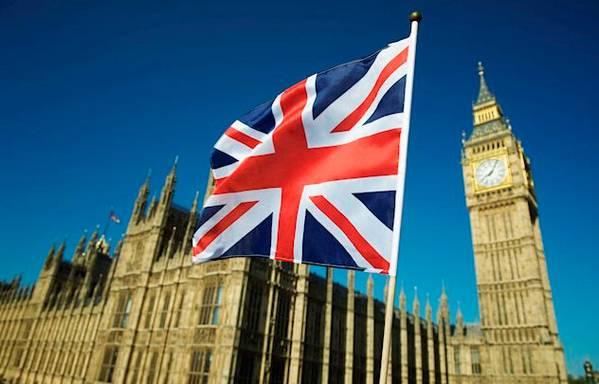LONDON, March 14 (Xinhua) -- British economy is predicted to grow by 1.4 percent this year, according to a new forecast released on Tuesday by the British Chambers of Commerce (BCC).
BCC, a major industry representative body, raised its forecast in its latest quarterly review of the UK economy from 1.1 percent, reflecting the unexpected buoyancy in the economy in the immediate wake of the Brexit referendum vote on June 23 and which has continued its momentum into this year.
However, it has downgraded its expectations for 2018 from 1.4 percent to 1.3 percent, and made its first forecast for 2019 of 1.5 percent growth.
Suren Thiru, head of economics at the BCC, said: "We have upgraded our growth forecast for 2017, driven by revisions to official GDP data and a stronger than expected end to 2016 for the UK economy."
Strong consumer spending has surprised, and in addition has also been a slight improvement in the outlook for investment and trade, compared with its previous forecast, the BCC said.
However, economic growth is expected to remain well below its long-term average, about 2-2.5 percent growth in GDP per annum, over the forecast period.
Inflation is forecast to breach the central bank the Bank of England's (BOE) 2 percent target this quarter, with companies facing higher input costs, which will be passed through to consumers. CPI inflation was forecast to be 2.4 percent in 2017, 2.7 percent in 2018 before slowing to 2.5 percent in 2019.
While average earnings are expected to hold steady, the inflationary pressures are likely to erode real wages. As a result, consumer spending, a driving force of growth in the economy in recent years, is expected to slow substantially.
The UK economy is still set to enter a more subdued period, with growth expected to remain materially below trend over the near term. The resilience in consumer spending, a key driver of UK growth, will slowly dissipate over the coming months as higher inflation and muted wage growth combine to erode consumer spending power.
The UK's net trade position is expected to improve over the next few years. Investment is forecast to contract this year, with subdued growth predicted in the following years, as uncertainties relating to the outcomes of the Brexit talks persist, and increasing input costs and taxes hit businesses.
But the BCC said if resilience in consumer spending continued, growth levels could be bolstered.
And Thiru believes that the UK's trade position will improve across the forecast period supported by the depreciation of sterling and an improving outlook for the global economy.
But he cautioned "The imbalances in the economy continue to leave the UK increasingly exposed to economic shocks. While household consumption's contribution to UK GDP growth is likely to decrease over the near term, the slight improvement in investment and trade prospects over the same period is not expected to be enough to prevent a slowdown in overall growth."




 A single purchase
A single purchase









